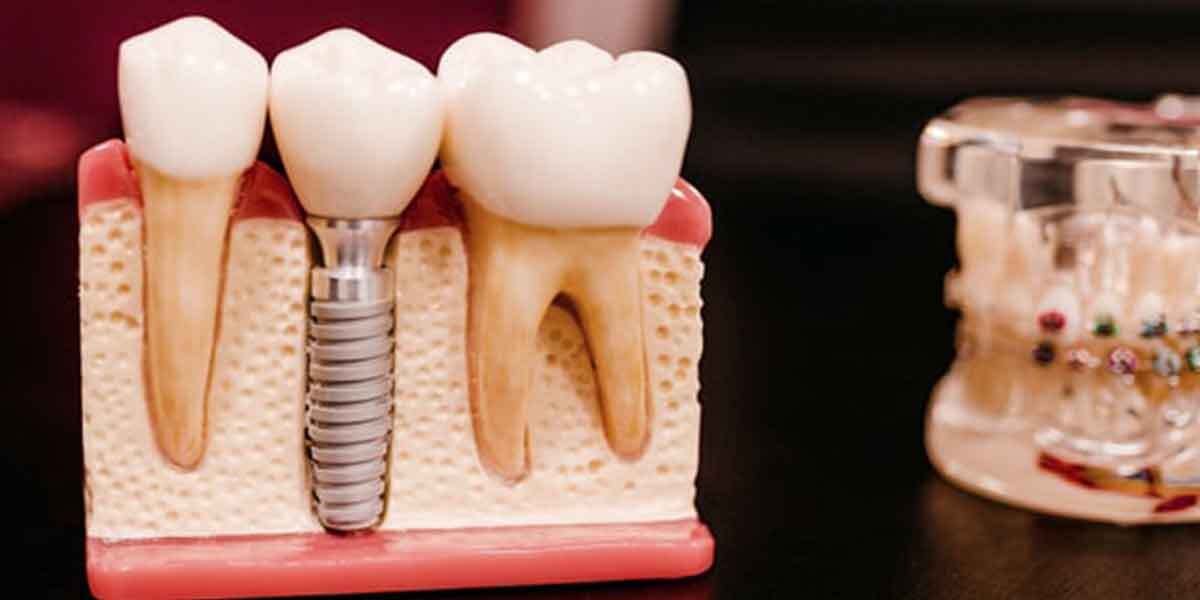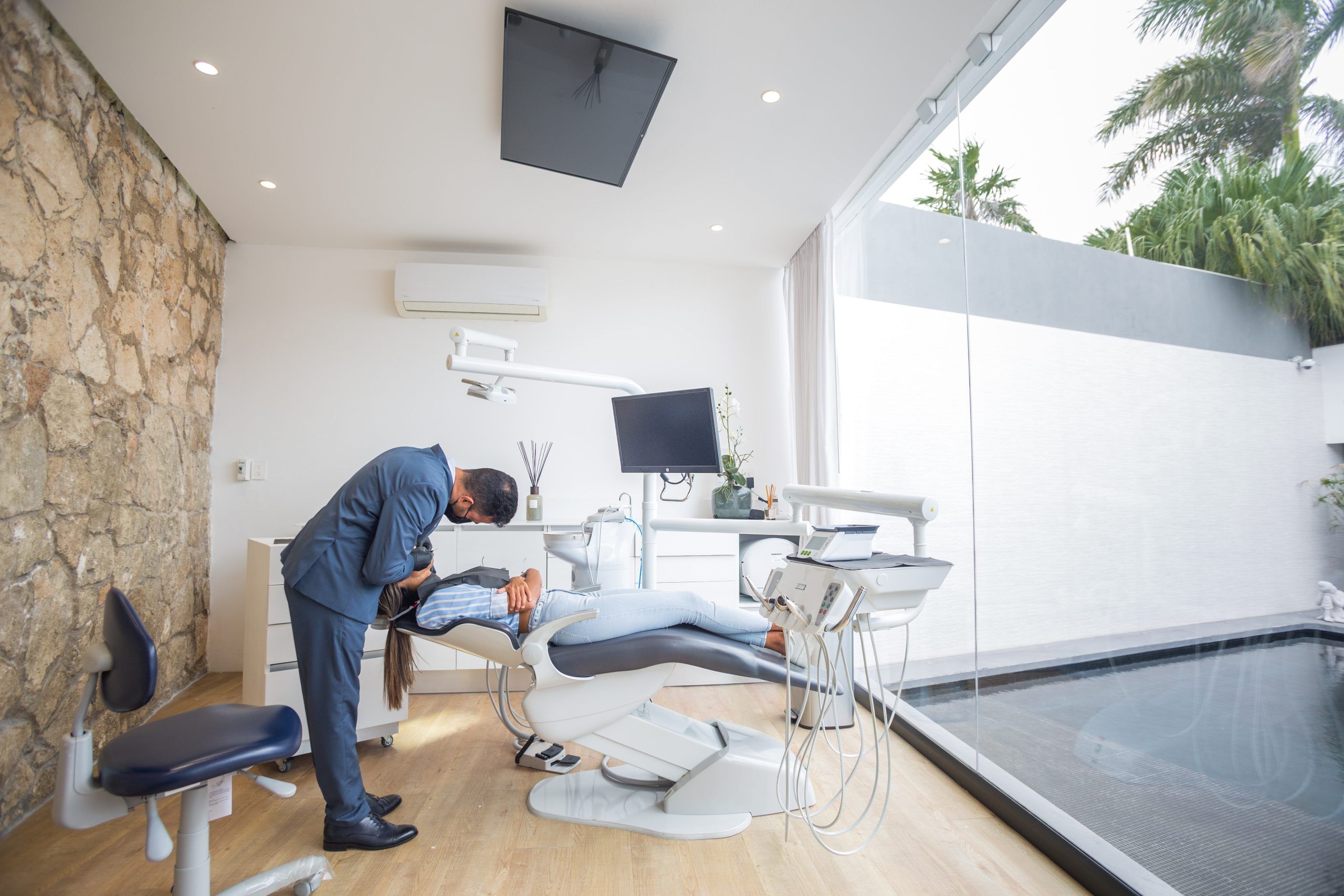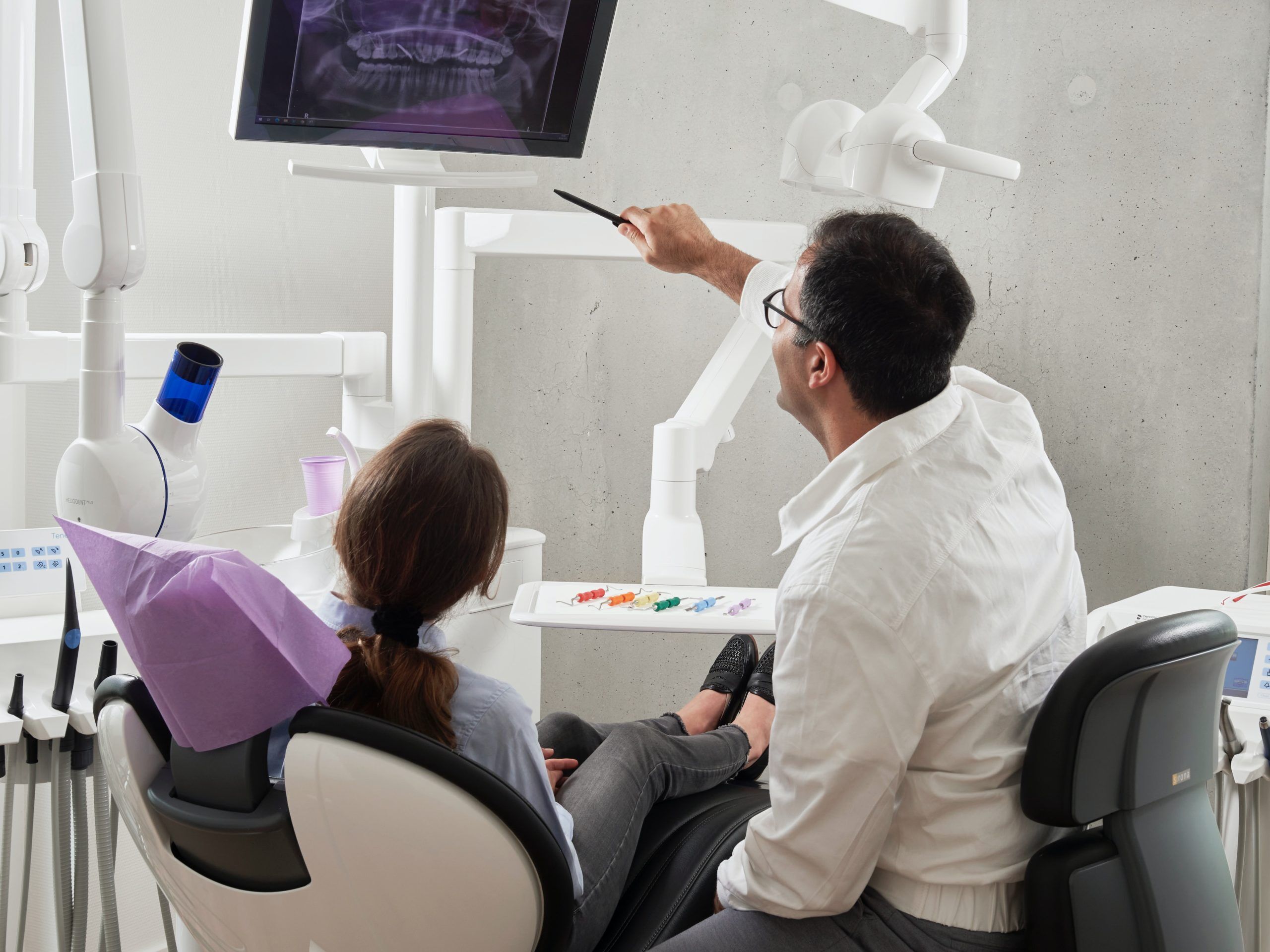Author: nearmedental
Why Is Dental Hygiene Crucial?
Dental hygiene is essential for a few reasons. The first reason is that it helps to maintain good health. In some cases, bad oral hygiene can cause more severe health problems such as cavities or gum disease, leading to tooth loss and even death. Brushing the teeth daily also helps to prevent illness, heart disease, and dementia. It also strengthens the immune system by avoiding the accumulation of plaque on the teeth. It will help people to maintain a healthy weight as well. Let us look at some bad habits that damage your teeth.
Crunching Ice And Chewing On Other Objects.
Some of the most common things that people can damage their teeth are biting on ice, chewing on other objects such as pens, and grinding their teeth. Other things are eating nuts, popcorn kernels, or other hard foods. Another thing that some people do is to hold something in their mouths while sleeping. Chewing on the pens can cause damage to your teeth and even lead to tooth loss. Holding objects while sleeping creates more force on your teeth, increasing the chance of cracking or damaging them.
Bad Habits That Damage Your Teeth: Grinding Your Teeth.
Grinding teeth is very harmful. Some people do this because they are nervous or for other reasons; some grind their teeth due to having an abscess on their gums. Whatever the reason may be for grinding your teeth, remember that it can lead to tooth loss.
Making Your Teeth Into A Tool.
Many use their teeth as a tool to pry open stuff. There are so many ways that you can use to pick up things, use your hands. When I started working at my new job, the manager told me that picking items up with your teeth was not an option. If you’re using your teeth to hold something while trying to do something else with your hands, then you’re increasing the risk of getting injured or damaging your teeth.
Bad Habits That Damage Your Teeth: Tongue Piercings.
Tongue piercings are common among younger people, but they should only be done if they know high pain tolerance. Piercings can get infected easily and will take a while to heal, which is why it’s essential to know that you have a high pain tolerance.
They can also cause problems with speech, which is why people who have them should avoid hot or spicy foods and drinks.
An excellent way to avoid getting infections from tongue piercings is to make sure that you clean them regularly and use mouthwash after every meal. You should also make sure that you brush your teeth at least three times daily to help prevent any form of bacteria from entering your mouth, which can lead to infection.
Opening Stuff With Your Teeth.
Some people open cans, jars, and other containers with their teeth. The problem with this is that the sharp edges of the container can easily cut your gums, leading to infection. Also, if you’re opening a jar or something else with your teeth, then there is always that chance that you’ll end up cutting yourself in the process. It’s better to use your hands or some other tool instead of using your teeth to do these things.
Playing Sports With No Mouth Guard.
People can play many different sports, but it’s always essential to wear a mouthguard. If you’re playing any sport that causes you to contact other people, you have the risk of getting injured. It’s not worth injuring yourself because you can purchase a mouth guard to prevent this from happening. There are different mouth guards, but the most common is called a “boil and bite.” This type of mouthguard is flexible and will mold around your teeth and become hard once the water has been applied and it’s been boiled.
A mouthguard should be worn at all times if you plan on playing any sport that involves contact with another person or object; this could be sports like hockey and football. Some other sports where a mouthguard should be worn are baseball, soccer, and lacrosse. If you’re not sure you need one, ask your coach or the person helping arrange the sport if everyone needs to wear a mouthguard.
Bad Habits That Damage Your Teeth: Biting Your Nails.
One of the most common bad habits that people have is biting their nails. There are so many ways that people can damage their teeth and nails by biting them. Some problems can come from biting your nails: teeth getting chipped or cracking, cavities, and gum disease. All these things can easily be avoided by not biting your nails.
Bad Habits That Damage Your Teeth: Toothpicks
Recently, I heard about a story where someone was incorrectly using toothpicks. The person used toothpicks to clean out their ears, but this can lead to significant health complications. When people use their teeth to remove wax or other debris stuck inside their ears, they increase the risk of infection and middle ear problems. These issues can be avoided most of the time by using cotton swabs specifically designed for cleaning your ears.
Bad Habits That Damage Your Teeth: Regular Use Of Soda
Drinking water is paramount for good health and sound gums. If you want to drink something else, try to limit it to one cup of soda a day. Drinks like soda and energy drinks are high in sugar, leading to health problems such as obesity or diabetes. Drinking so many of these things also means that we’re obtaining empty calories, which means we’re not getting the nutrition we need from these drinks.



